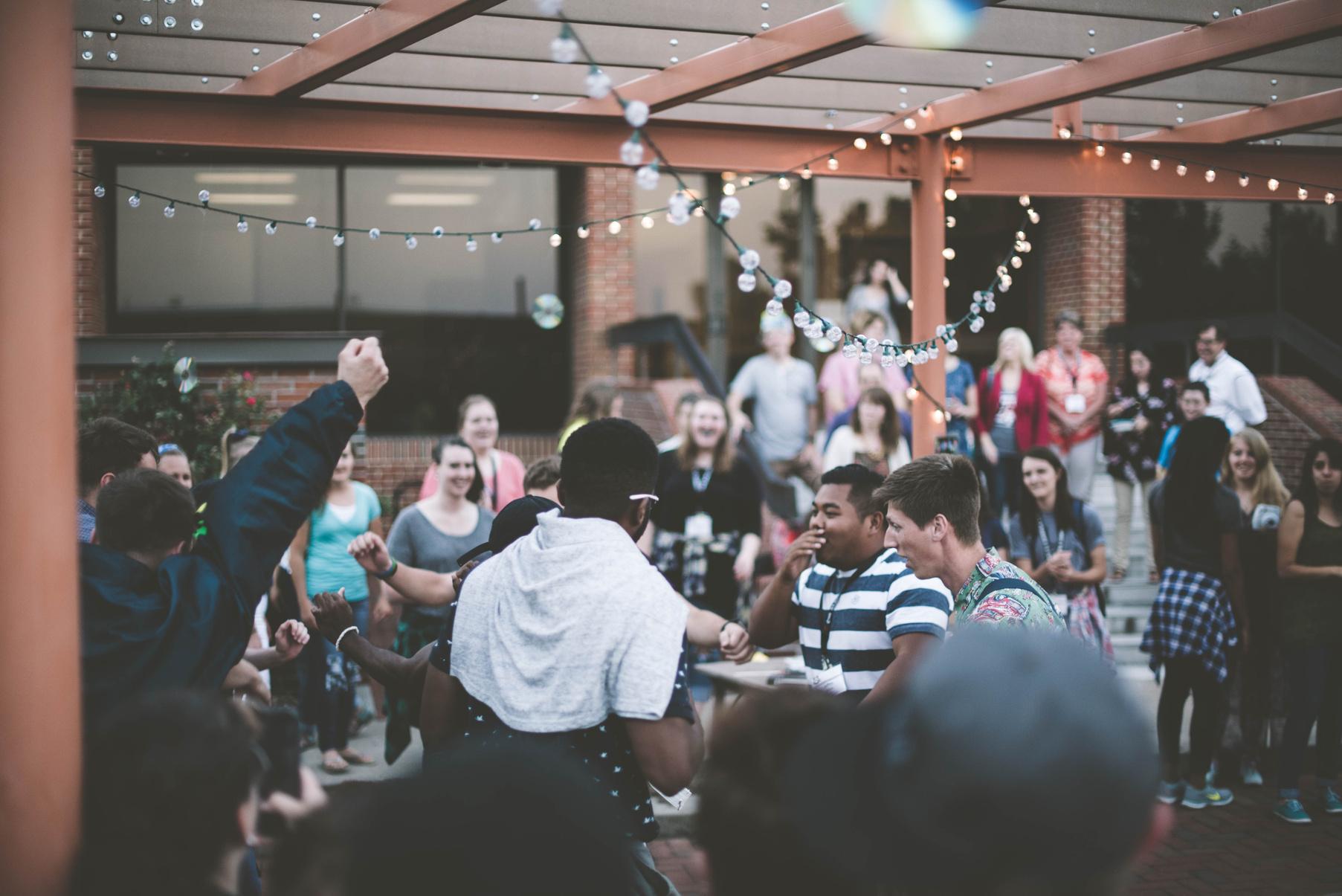
5 minute read
NJPA 2021 Winter E-Newsletter
Welcome!
Nikki Lacherza-Drew, PsyD E
Editor
Dear Readers,
Welcome to the December edition of the New Jersey Psychological Association (NJPA) E-Newsletter! The NJPA E-Newsletter is published on a quarterly basis to provide the public with information about psychology, the practice of psychology, and the importance of mental health in furtherance of our NJPA mission: The advancement of psychology as a science, as a profession, and as a means of promoting health and human welfare in an atmosphere that supports the diversity of its members and the society at large. As we enter into the holiday season, I hope you can find the time to slow down and take some time for yourself. In this edition, you will find a selection of articles on various topics and I hope they are of interest. As we come to a close for 2021, and as this will be my last newsletter serving as Editor-in-Chief, I want to extend my thanks to all the volunteer editors, authors for submissions, and everyone behind the scenes at NJPA. I wish the next Editor-in-Chief the best of luck with the newsletters and hope you all have a restful and peaceful end to the year. If you are in need of a psychologist, please make use of NJPA's referral service for licensed psychologists here. Note: We are always open to new ideas and are already planning future editions of the e-newsletter. If there are specific topics our readers would like to potentially read about, please let us know here.
Holiday Social Anxiety: Practical Tips for Coping
By, Sheila Josephs, PhD
The holidays can be a time of joy, but for many that joy is overshadowed by social anxiety. Do you worry that others are looking at you negatively? Do you wonder if you will meet social expectations or instead will be perceived as “boring” at holiday events? It is perfectly normal to feel nervous about meeting new people or attending parties. But, if you feel very self-conscious and dread everyday social situations, you may have a social anxiety disorder. If so, you are not alone. According to the Anxiety Disorder Association of America, 15 million people in the US suffer from significant social anxiety and have a disorder that interferes with their everyday social and emotional functioning.
The hallmark of this condition is a strong fear of others’ negative evaluations. Often people with this condition will avoid social interactions, particularly ones that involve taking the social risk of “ performing” in public. Giving parties, attending parties, talking with someone new, attempting to appear “interesting” all can evoke strong feelings of anxiety.
If you suffer from social anxiety during the holidays, here are some tips for minimizing your misery and maximizing your festivities:
Avoid social isolation. Skipping dinner parties and social occasions while temporarily relieving your anxiety will, in the long-term, serve to worsen your fearfulness. Set small social goals for yourself. Then pat yourself on the back when you achieve them. Some realistic goals might be talking to someone new at a party or calling up a friend you haven’t spoken to in a while. Stop Comparing! Avoid comparisons between yourself and others at social events. You will tend to exaggerate negative comparisons about yourself and minimize positive ones. People with social anxiety often severely attend to, and exaggerate, their social deficits. It may feel like you are doing a horrible job in conversation, when to others you have been a wonderful companion.
Coat-Check your perfectionism at the door! Try not to be too hard on yourself during the holidays. It is okay if you are not the life of the party. Pauses in conversations are normal and sometimes conversations are not always exciting. Events can even be dull! This is a normal part of social interaction.
Prepare in advance. Have a few easy ways to describe yourself at social events.
Discussing current events is always a good way to continue a conversation.
Be Curious! It is useful to focus on learning about the person you are talking with. This helps to remove your focus on yourself and your perceived inadequacies. Try coming to social events with several questions to ask others. For example, you can ask, “How are you spending the holidays?” “How are your children?” or “What type of work do you do?” Remember, questions do not need to be elaborate or interesting to be effective conversation starters.

How Mindful Living Can Alleviate Your Stress and Anxiety
By, Milton Spett, PhD and Lynn Mollick, PhD
Do you feel overwhelmed by all the things you have to do? Do you find yourself rushing from one thing to the next? Are you constantly worrying about bad things that have happened or may happen? Do you have aches and pains, rapid heartbeat, difficulty sleeping?
If you have too much to do, too much to think about, too much to plan, you are probably overstimulating your brain and creating stress and anxiety. Mindful Living reduces the stimulation entering your brain, slows down your breathing and heart rate, reduces your blood pressure, and helps you develop a sense of calmness and serenity.
What is Mindful Living?
Mindful living means focusing your attention on what is happening right now, without judging, without worrying about the past, and without planning for the future. Mindful breathing means breathing naturally, not too deep or too shallow, and focusing your attention on your lungs as they expand and contract. When your mind wanders, and minds always wander, just bring your attention back to your breathing without judging. Mindful eating means keeping your attention on the taste, the texture, and the temperature of the food in your mouth. Mindless eating means looking down at your empty plate and wondering how the food got from the plate into your stomach. Mindful driving means paying attention to the cars in front of you, the homes, buildings, fields, the trees you pass by, and really hearing whatever music or talk radio you are listening to. Mindful driving means not thinking about whether you will arrive at your destination on time or what you will do when you get there.


